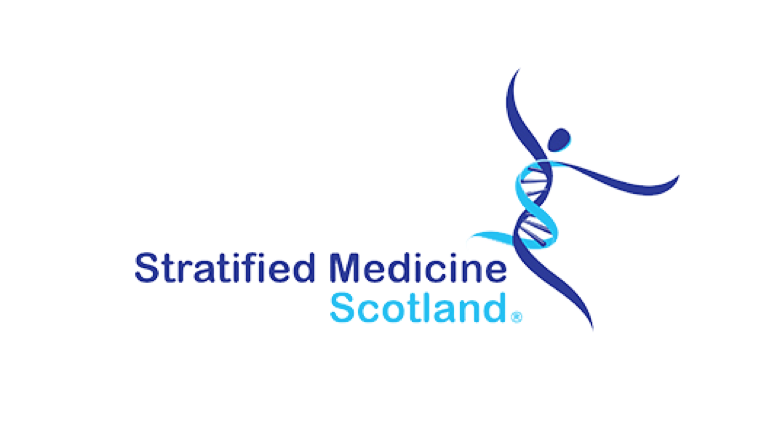
Nation of Innovation: Developing targeted cancer treatment
Dr Diane Harbison, CEO of the Stratified Medicine Scotland Innovation Centre (SMS-IC) says it is like looking at the strata – or layers – of rocks in geology, except that in medicine it’s separating people into different sub-groups based upon genetics and how they respond to various treatments.
“Most people assume that if you have a type of cancer, for example breast cancer, that it’s all exactly the same, but as we look at all these diseases at the molecular level we’re starting to understand more and more that actually within the classification of a disease like breast cancer there are lots of different sub-types of the disease,” she says.
Using that approach, a drug that could treat one patient might not work in another, and an oft-used illustration is the BRCA (BReast CAncer) gene mutations. BRCA1 and BRCA2 are in a class of genes called tumour suppressors. When they function normally, they help keep breast, ovarian, and other cells from growing and dividing too rapidly or in a haphazard way. When changes or “mutations” occur, they are more likely to do this, which can lead to cancer developing.
“What stratified or precision medicine enables you to do is make sure you have the right drug for the right patient at the right time, and what that can do is, for the patient, they get the right treatment and don’t end up in a situation where they might be being treated for a particular disease but the medicine doesn’t work for them.
Harbison says it’s about getting it right first time, as much as possible: “The same is true of very many drugs like statins or anti-depressants. Very often you have to keep going back to your GP until you find one that works for you. What we should be able to do is by looking at your genome, or other ways of stratifying patients like imaging, you should be able to get the right drug for you at the right time so it’s better for your treatment.”
SMS-IC is a unique collaboration involving Scotland’s four medical universities – Glasgow, Edinburgh, Aberdeen and Dundee– and their associated health boards, working with industry partners such as Thermo Fisher Scientific, who provide the centre’s sequencing platforms and Aridhia Informatics who supply its informatics platform.
To read the full article, click here.